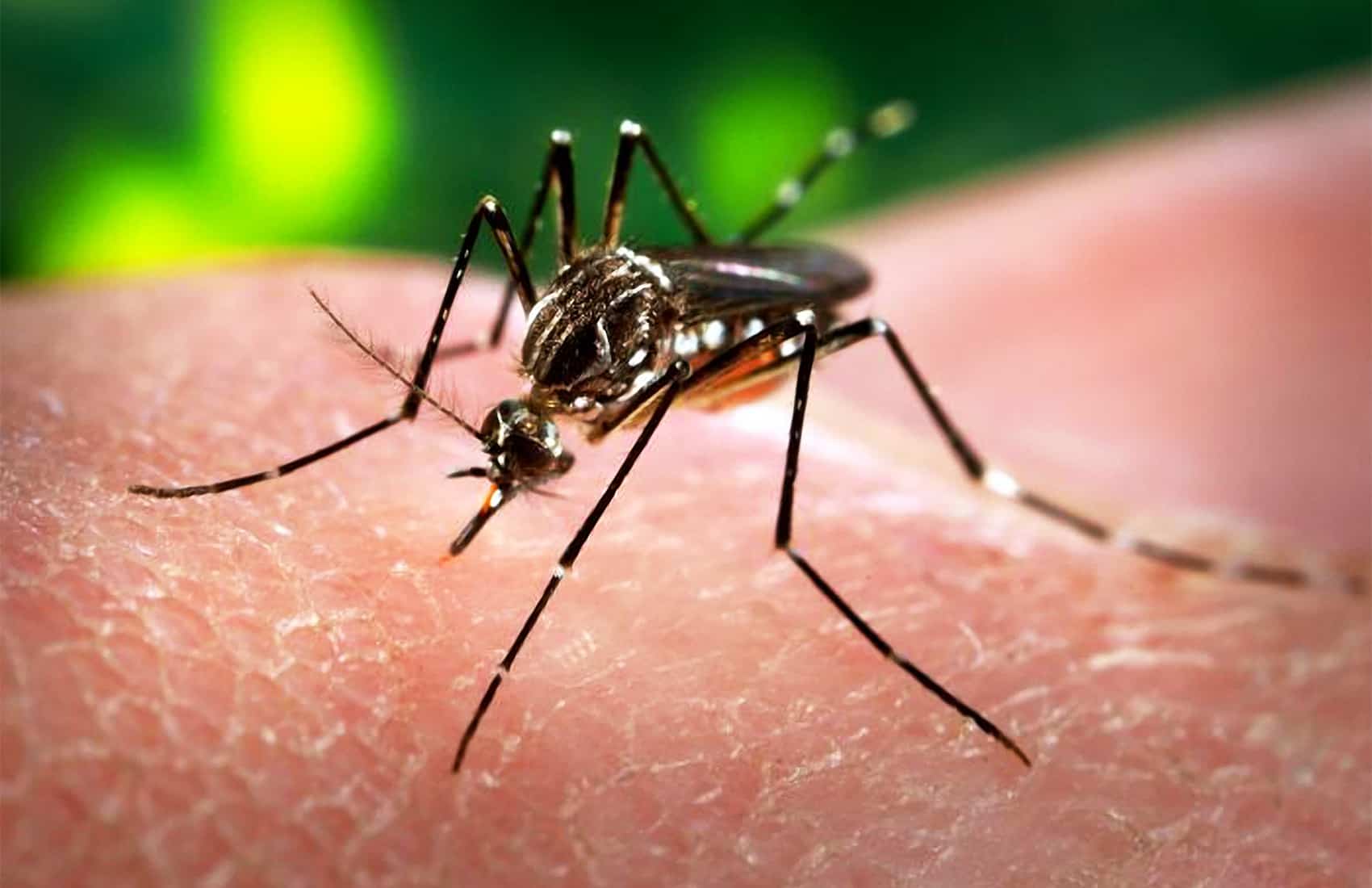Updated at 2:00 p.m., Friday, Feb. 5
BOGOTÁ — Colombia said Friday three people had died of complications of the Zika virus sweeping Latin America, as the U.N. urged increased access to abortion because of fears of severe birth defects.
In the first direct statements from government health officials blaming Zika for causing deaths, Colombia’s National Health Institute (INS) said the patients died after contracting the virus and developing a rare neurological disorder called Guillain-Barre syndrome.
Cases of the syndrome — in which the immune system attacks the nervous system, causing weakness and sometimes paralysis — have increased in tandem with the Zika outbreak, fueling suspicions that it is a complication of the otherwise mild tropical fever, which is also blamed for causing brain damage in babies born to infected mothers.
“Other cases (of deaths linked to Zika) are going to emerge,” said epidemiologist Martha Lucia Ospina, director of the INS.
“The world is realizing that Zika can be deadly. The mortality rate is not very high, but it can be deadly.”
Most Guillain-Barre patients recover, but the syndrome sometimes causes paralysis or even death.
Citing the rise in babies born with microcephaly, or abnormally small heads and brains, the U.N. human rights office urged countries hit by Zika to give women access to contraception and abortion.
Women’s reproductive rights are a touchy subject in largely Catholic Latin America, but the U.N. human rights office said countries urging women to avoid pregnancy — a list that comprises Colombia, Ecuador, El Salvador, Jamaica and Panama — had to give them ways to control their fertility.
“How can they ask these women not to become pregnant, but not offer… the possibility to stop their pregnancies?” spokeswoman Cecile Pouilly told reporters.
Many Latin American countries outlaw abortion or allow it only if the mother’s life is in danger. In El Salvador, one of those warning against pregnancy, abortion is punishable by up to 40 years in prison.
Safe sex, or no sex at all
Health officials in Brazil and the United States meanwhile warned that sex or even kissing could potentially spread the typically mosquito-borne disease.
Brazil’s top research center, the Fiocruz institute in Rio de Janeiro, said Zika had been detected in urine and saliva.
The scientists were careful to clarify that there is no proof the virus can be transmitted through those fluids, but said people should take precautions, especially expecting mothers.
“Avoid sharing glasses, silverware, contact with someone who has symptoms of a possible infection. Don’t kiss, obviously,” said the institute’s director Paulo Gadelha.
The U.S. Centers for Disease Control (CDC) for their part urged people to use condoms or abstain from having sex if they live in or have traveled to Zika-infected areas.
Earlier this week, U.S. health officials confirmed the first case of sexually transmitted Zika — a person who had traveled to Venezuela and infected a sexual partner in Texas upon return.
In the U.S. territory of Puerto Rico, officials declared a health emergency over Zika and confirmed a pregnant woman had been infected, bringing the number of cases on the island to 22.
The emergency measures included freezing the price of condoms and combatting mosquitoes.
Calls for more research
The World Health Organization, which has declared the rise in Zika-linked birth defects an international emergency, warns that Zika could infect up to four million people in the Americas and spread worldwide.
The WHO has advised countries against accepting blood donations from people who have traveled to affected regions.
The new warnings on intimate contact highlight how little is known about Zika, a virus that was first identified in Africa in 1947 but had been considered relatively mild until the current eruption of apparent complications.
Both the U.S. CDC and Fiocruz in Brazil said more research was needed on person-to-person transmission.
Brazil has been the country hardest hit by the outbreak, with an estimated 1.5 million cases. Colombia is next on the list, with more than 20,000 cases.
Zika often goes unnoticed, and causes a relatively mild fever and rash in those who do develop symptoms.
But Brazil sounded the alarm after recording a surge in babies born with microcephaly. It has registered 404 cases since October and 3,670 suspected cases, up from 147 in all of 2014.






